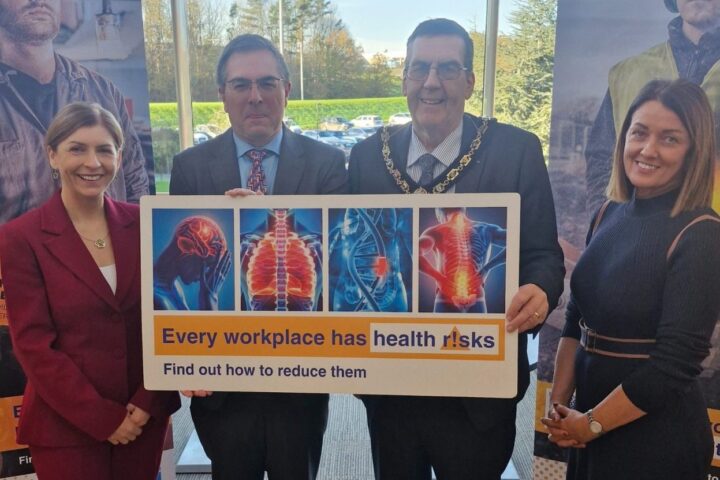The State of Childhood Report 2025 has highlighted that working parents are increasingly looking to their employers for support with their children’s wellbeing and development.
Mental health concerns for children across all age groups were a top priority, yet many parents felt workplace support in this area was lacking.
The report urged employers to offer resources such as mental health support, tutoring, and expert advice lines to help reduce parents’ mental load and improve work performance.
It also underscored the challenges faced by working parents and the urgent need for employer support to mitigate the impact of their concerns on work performance.
The report delved into parental concerns in four critical areas: educational development, social skills, physical health, and mental health.
It highlighted that parents are particularly worried about the mental health of children across all age groups, exposing a shortfall in the support offered by many employers.
The findings presented a compelling case for wide-ranging and inclusive workplace support, offering employers insights into how they can better support their workforce.
Working parents prioritised parenting support over assistance with their own work-life balance.
The report suggested that services such as back-up care, expert advice lines, and additional tutoring can help parents and carers manage their responsibilities, benefiting both their careers and their children.
For those with children in the baby to preschool stage, they were looking for coaching on supporting children’s behaviour, help with transitions to primary school, and subsidised early years education.
Parents of primary school-age children are asking for access to holiday camps, mental health support, and additional tutoring.
For those with children in secondary school, mental health support, information on further education pathways, and virtual revision camps are among the most sought-after services.
Jennifer Liston-Smith, head of thought leadership at Bright Horizons, commented: “Parents are unsure where to turn for support, and with their worries having an impact on their work, they are now looking to their employer for solutions.
“The findings of this report underscore the costly outcomes of parents’ unaddressed concerns about their children’s mental health.
“Consequences for employers include, including working parents’ decreased productivity and increased absenteeism.
“By addressing the immediate and long-term concerns of working parents, and equipping them with the necessary support, organisations can improve their productivity and employee engagement, strengthen their culture, promote inclusivity, and increase talent retention.
“Employers must take action now to protect the wellbeing and productivity of their workforce.
“Without inclusive support for all, employers are missing out on the productivity gains that come with a less stressed workforce.
“Regardless of the age of their dependants, the organisations that work with Bright Horizons know that solutions such as Back-Up Care, a 1:1 Speak to an Expert service or virtual tutoring, benefit parents, carers and their employers.”

















